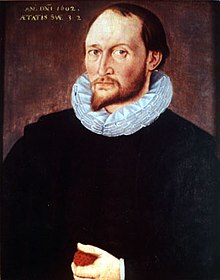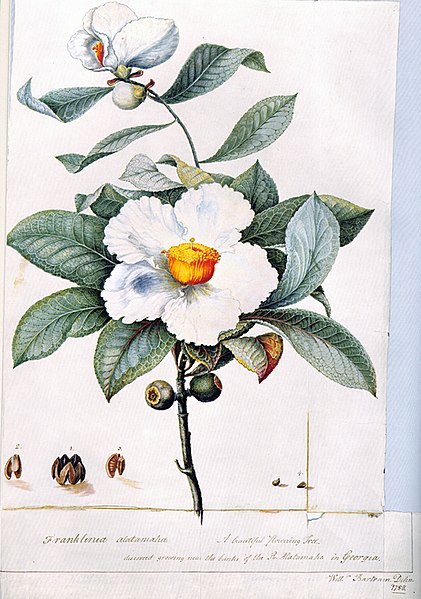 |
| Thomas Harriot |
Harriot is now credited as the first astronomer to draw an astronomical object after viewing it through a telescope: he drew a map of the Moon on July 26, 1609, preceding Galileo by several months. He also observed sunspots in December 1610.
He was also a prolific mathematician and astronomer to whom the theory of refraction is attributed.
Somehow, having a masters degree in Engineering, when I thought of early leaders in science and technology in North America, I only thought of Benjamin Franklin, and then primarily in terms of his flying a kite in the rain (and maybe the lightning rod, Franklin stove and bifocals). I failed to understand the importance of his investigations in the nature of electricity nor of his study of the Gulf Stream.
I suppose that I knew something about Washington as a surveyor or Jefferson as a technological innovator, but I thought of them primarily in their governmental roles (as I did Franklin). Somehow I thought of Lewis and Clark as adventurers rather than scientific explorers.
 |
| Franklinia alatamaha by William Barton |
Of course, I had heard of Eli Whitney as the inventor of the cotton gin. However, as a young engineer I had not known of Whitney's role in the promotion of manufacturing with interchangeable parts, nor of the community of people who created the American System of Manufacturing (guns, clocks) or the Lowell System (cloth).
I never heard of Benjamin Thompson, Count Rumford, who led an amazing life. He was a apparently the first to recognize that heat was a measure of energy, not of a fluid. He gained initial fame through a study of gunpowder, but invented stoves, chimneys and diets. Apparently he was not covered in American schools because he was a British loyalist.
How about the chemist, Joseph Priestly? I had not realized that he spent the last ten years of his life in the United States, nor that his was the most commonly mentioned name in the long correspondence between John Adams and Thomas Jefferson.
How many other leaders in science and technology lived in the colonies that became the United States and in the United States in the federal period? Why did my schools not tell me about this American heritage?
No comments:
Post a Comment